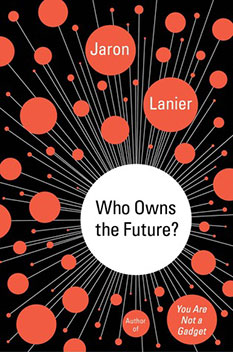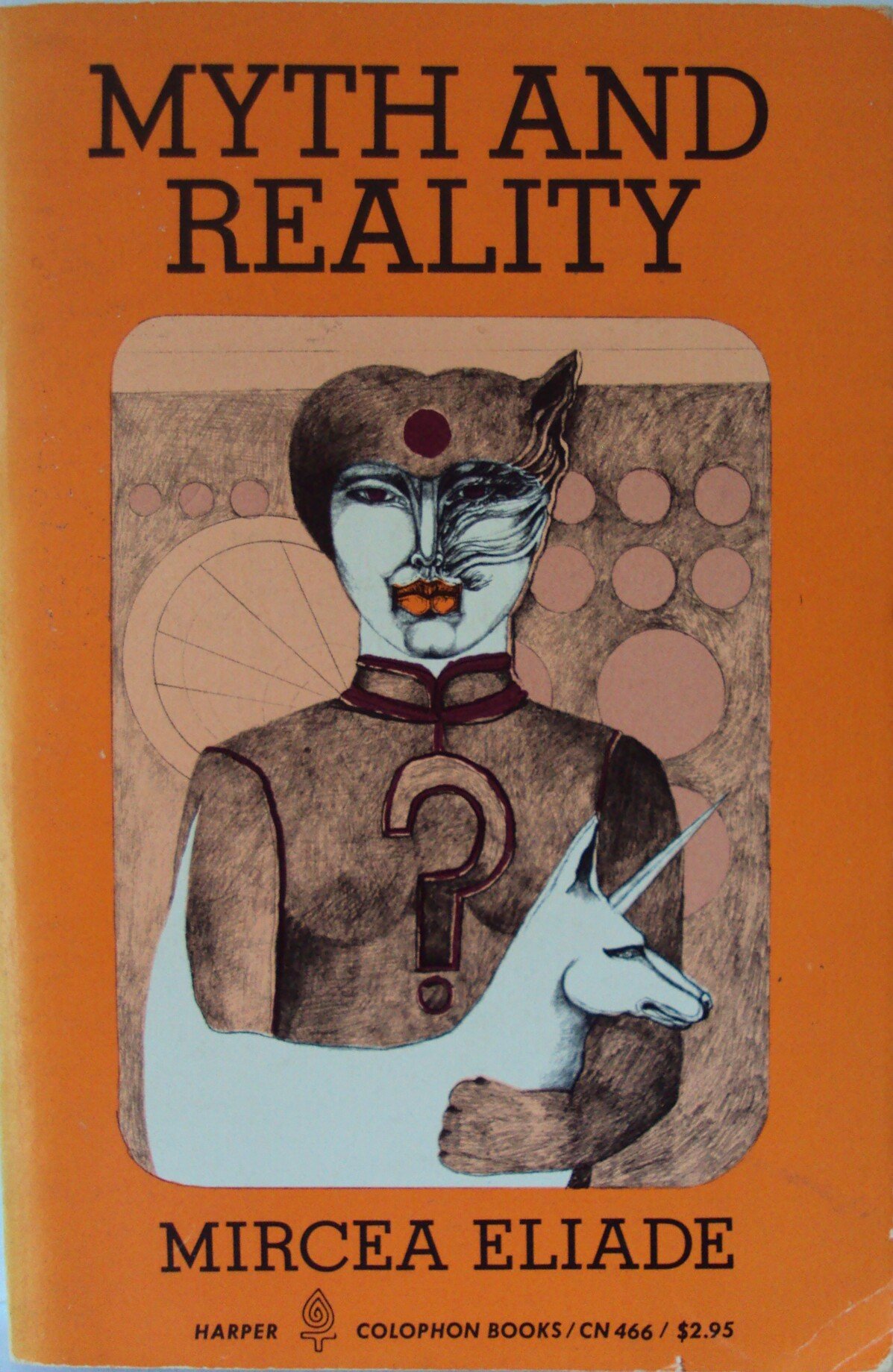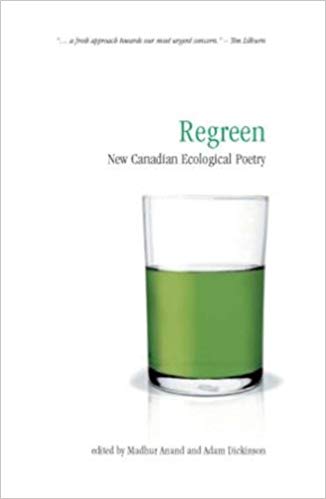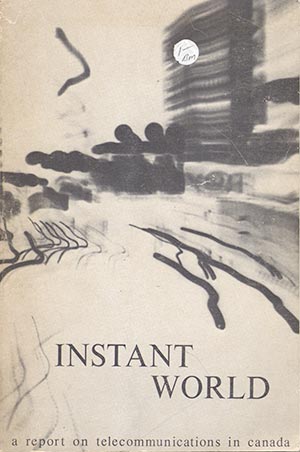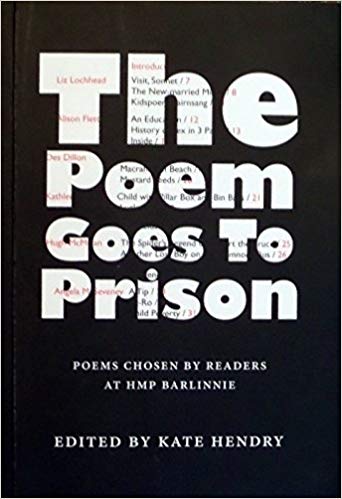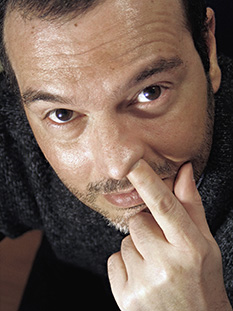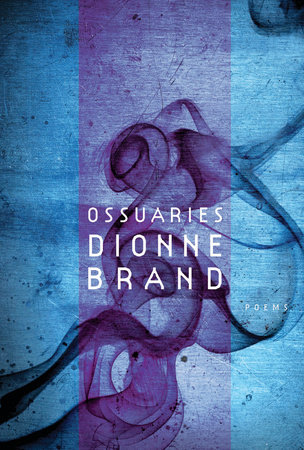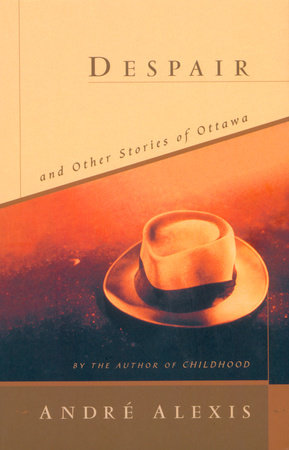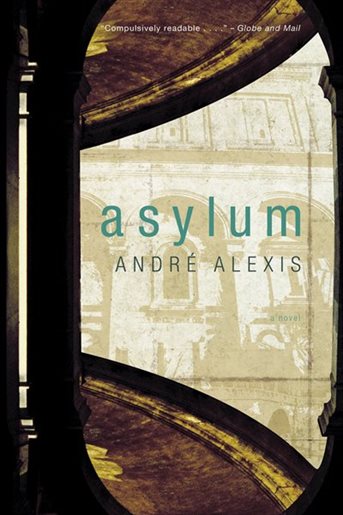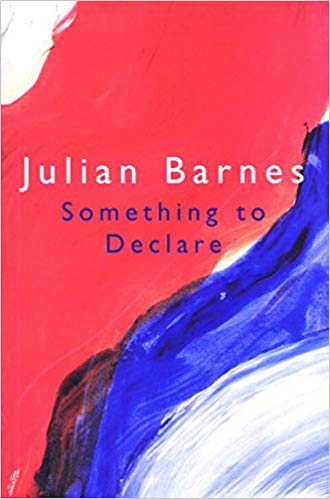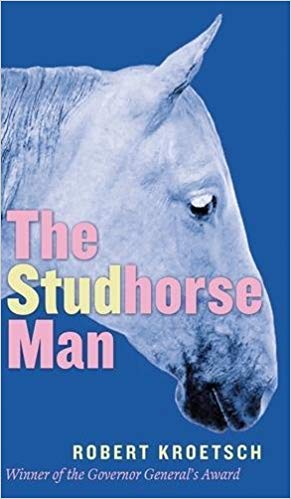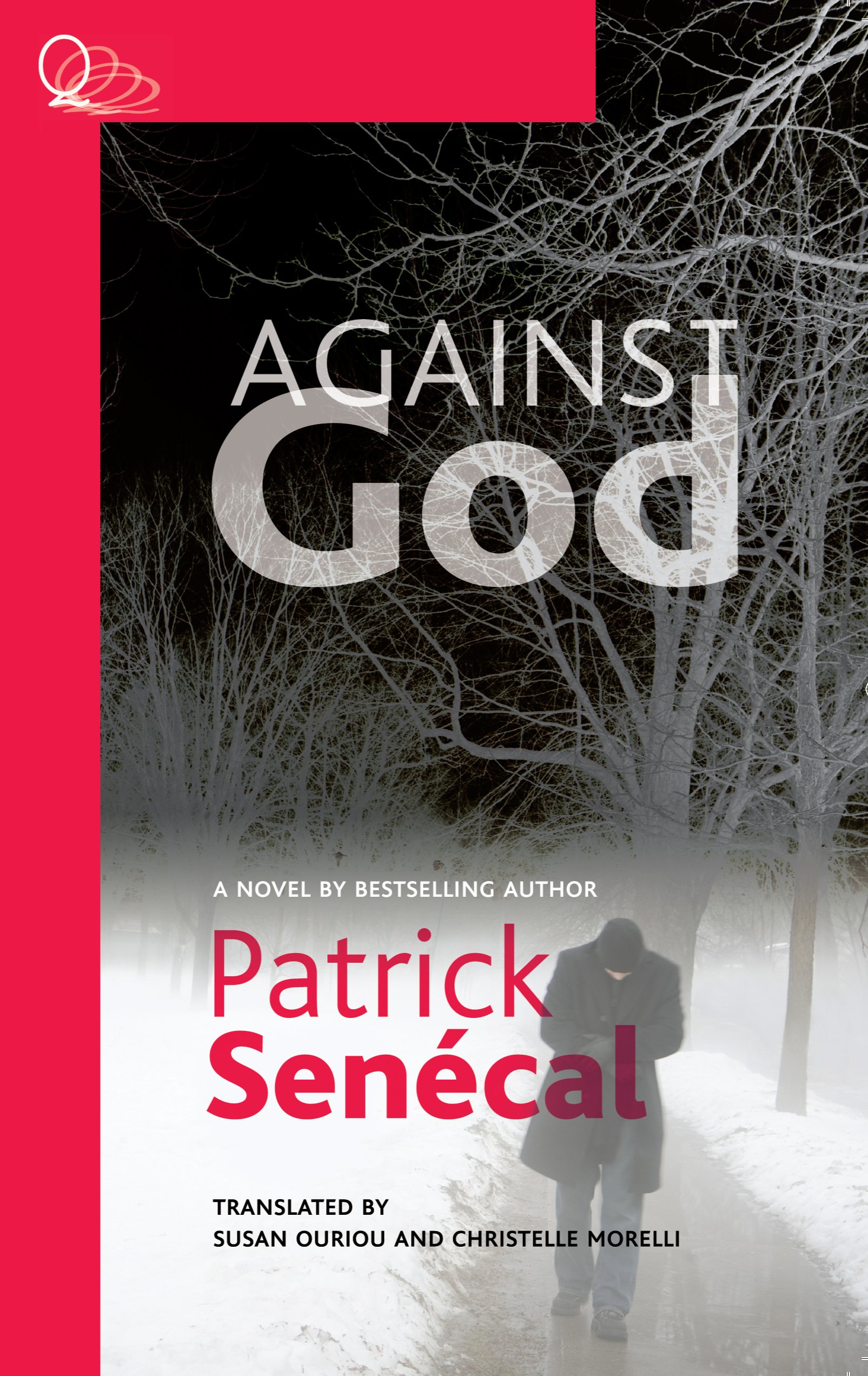Following Jaron Lanier’s advice, I’ve taken a summer sabbatical from social media. His advice comes from his latest book, Who Owns The Future? I’m pleased to report that, as promised in his book, the curtailing of my social media habits has not resulted in any nasty consequences.
Tag: Books
Mircea Eliade – Myth and Reality
Fifty years ago, Mircea Eliade published Myth and Reality in which he explored the function of myth in a wide-ranging sample of cultures and religious contexts. His writing cut across the traditionally established boundaries that divide a number of disciplines: anthropology, history, religious studies, cultural studies.
Regreen: New Canadian Ecological Poetry
It would be easy to select poetry that assumes a prophetic/righteous/angry tone, especially in light of the Harper government’s policies around exploitation of the Alberta tar sands and dismantling of environmental controls. However, Anand and Dickinson have made selections that frame things in positive terms.
Instant World: a report on telecommunications in Canada (1971)
I can’t remember in what bin or bag I found this report, written under the auspices of Allan Gotlieb and submitted to then Minister of Communications, The Honourable Eric Kierans.
The Poem Goes To Prison, ed. by Kate Hendry
The last time I was in Edinburgh, I dropped in to the Scottish Poetry Library and picked up a copy of The Poem Goes To Prison, edited by Kate Hendry. This is an anthology of poems selected by prisoners for prisoners. It was curated by Kate Hendry while she was teaching at HMP Barlinnie, Scotland’s largest prison, located just outside Glasgow.
Amazon to Buy Goodreads
It’s the same old capitalist story. A small startup crowd-sources its content. Behemoth gobbles it up with a hefty payout to the owners of the startup … and nothing to the content creators.
A Nose For Letters
It appears that more than 91% of all people pick their nose. I’m not sure about the research methodology used to arrive at that statistic, but I’m willing to accept the figure with verifying it independently. The statistic means that if you’ve got working digits, then you’re sticking them up your nose on pretty much a daily basis.
Ossuaries, by Dionne Brand
Dionne Brand’s volume of poetry, Ossuaries, is my 22nd book of 2013 & the 3rd book of my February reading list to mark Black History Month. In light of recent reports that the remains of Richard III have been discovered beneath a Leicester car park, a reading of Ossuaries seems timely.
Despair and Other Stories of Ottawa, by André Alexis
On the other hand, we have Despair, etc., a collection of short stories that comes from a younger Alexis (1994) and has a very different feel. I’m reluctant to plug the stories into strict categories, but, for the sake of convenience: there are hints of magic realism, paranormal absurdity, satire, and a round skewering of suburbia. The stories are entertaining, unselfconscious and artfully written.
Asylum, by André Alexis
Asylum, by André Alexis, is a novel about conservatism. Not necessarily an ideological conservatism, but the soft conservatism associated with words like tradition, memory, story and history. Asylum opens with a cloistered narrator (what could be more conservative than a devout religious?) who has lived for fourteen years in a monastery near Florence.
The Body Artist, by Don DeLillo
I have no idea what The Body Artist is about. Instead, let me tell you about grocery shopping in my neighbourhood. One of the places I go to buy my food is the Loblaws in Maple Leaf Gardens, former home of the Toronto Maple Leafs where they won the Stanley Cup in 1967 (and never again).
Beautiful Machine, by PW Cooper
In his book, Cambodia, Brian Fawcett observes that “the continuous growth of authority and bureaucracy is a universal phenomenon of modern political life. But bureaucratic authority has a most unexpected twin: genocide.” PW Cooper’s novella, Beautiful Machine, offers a fictional rendering of this proposition.
Something To Declare, by Julian Barnes
Although Julian Barnes’ 2002 collection of essays is subtitled “Essays on France and French Culture”, it might have been better to call it “Essays on Gustave Flaubert with a few other interesting tidbits thrown in for good measure”. Read it, if you so desire, as a supplement to his novel, Flaubert’s Parrot, and as further confirmation of the obsessive kinship Barnes feels for the man who is arguably the first modernist writer.
The Studhorse Man, by Robert Kroetsch
The 15th book in my January Book Project is The Studhorse Man, by Robert Kroetsch late of Alberta. Published in 1969, it has taken me almost forty-four years to get around to it. Of course, I was only six at the time of its publication, so I can be forgiven for some of my delay. But not all of it. Really, I should have read this years ago.
Against God (Contre Dieu), by Patrick Senécal
Québécois author, Patrick Senécal”s 2010 novel, Contre Dieu, has been translated by Susan Ouriou and Christelle Morelli and published in English by Quattro Books as Against God (2012). It could be described as a novel about theodicy in the 21st century or The Book of Job on amphetamines.
